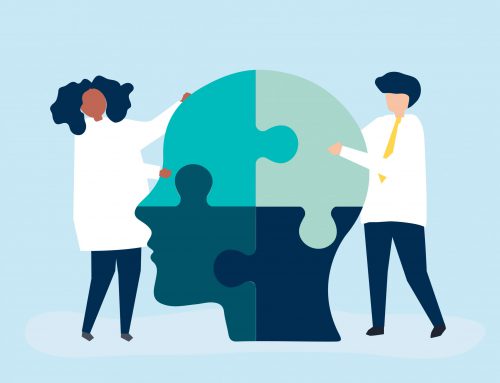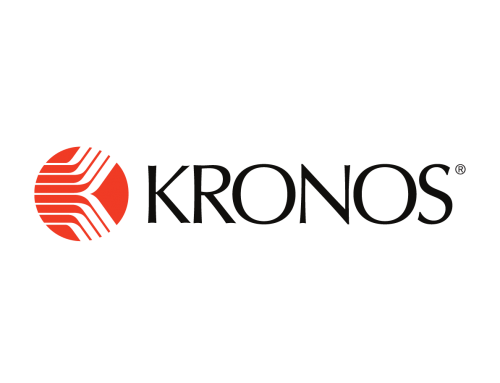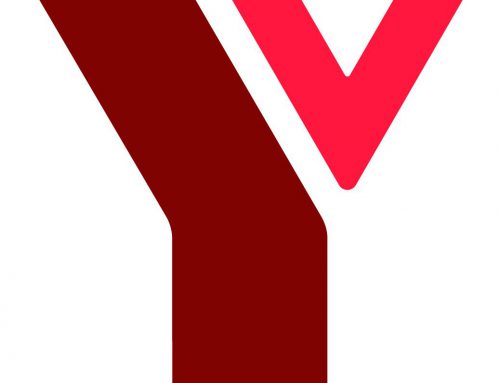Diversity in the workplace is critical to the success of every organisation. For most, diversity is considered in terms of race, gender, culture and religion – but it holds a much greater power. Diversity is also about thought and inclusion; the idea that all employees have a spot at the table, where the voice of their experience can be heard. Creating workplace diversity is not merely ensuring there is the right ratio of cultural diversity, it’s understanding how to respect, acknowledge and utilise the inherent and acquired diverseness of each employee to best meet organisational objectives.
Why diversity is important
Without diversity, organisations would crumble. Everyone would be the same, meaning that innovation and growth could not possibly occur. Diversity is a powerful tool in the strengthening and development of organisations, as the variety allows for agility in the ever-changing economic landscape. A large pool of ideas, perspectives and experiences help businesses to produce unique ways of solving problems and meeting organisational goals on a day-to-day basis. It’s a simple as diversity equals success.
Harnessing diversity
In a casualised workforce, diversity is inherently present. Businesses often utilise large pools of casual employees, which bring with them a diverse range of skill sets. However, having a diverse workforce versus harnessing a diverse workforce are two different things. To truly leverage the individual offering of each employee, the organisation must believe that diversity is good and be open to receiving diverse ideas. For diversity to shine, there needs to be a space where open and honest dialogue is supported. Without it, employees would not feel comfortable to offer their perspective, nor do they feel like they belong. Promoting a culture of diversity not only increases employee morale, but it creates the opportune place for innovation and growth to flourish. In addition to open communication, consider grouping teams together based on their differences in thought patterns as it allows not only for out-of-the-box thinking but offers employees the chance to develop through peer-to-peer learning.
Diversity can lead to conflict
Everyone thinks and responds differently to various situations or challenges. On top of personality traits and working characteristics, there will at times also be cultural and contextual conflicts. It’s important to be purposeful in the way you respond to and resolve these issues. Ensure employees have the ability to raise any questions or concerns in a safe and confidential way. All staff should also be encouraged to approach diversity with sensitivity and compassion in the workplace.
—
ShiftMatch aids in the management of casual and part-time workers. Automatically fill vacant shifts with sophisticated software from the Open Shift Experts.






Leave A Comment